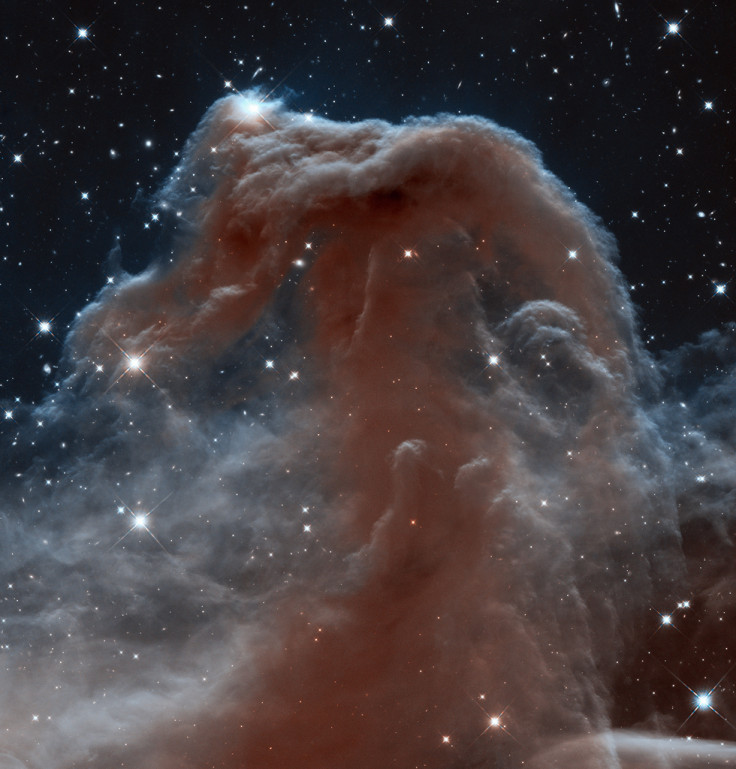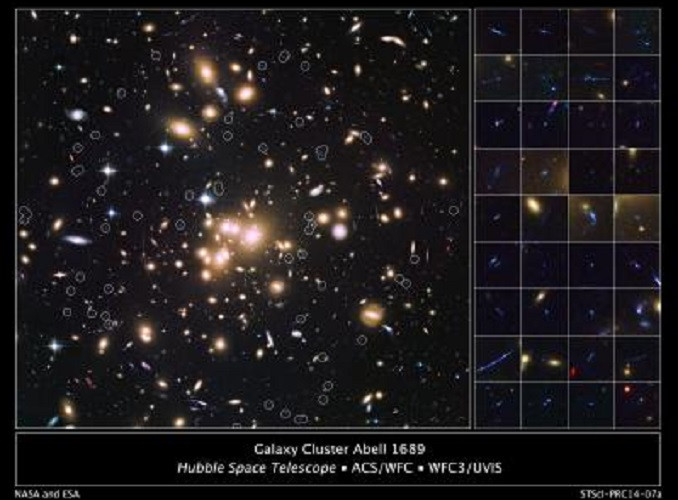Bicep2: What are Primordial Gravitational Waves That Followed Big Bang?

Primordial gravitational waves that show the echo from the moment after the Big Bang have been detected by scientists at the Harvard Smithsonian Centre for Astrophysics.
The finding is a "major discovery" as it is the first recording of the Big Bang, which took place around 14 billion years ago.
It supports the Big Bang Theory, which says the universe went from being extremely small to infinite because of an event that led to a 'big bang', throwing matter out into space faster than the speed of light.
The team believes they have recoded the gravitational waves that were emitted around a trillionth of a second after the Big Bang. They made the finding with the Bicep2 telescope in the South Pole.
Some experts are already saying their finding is a Nobel-worthy discovery. But what are primordial gravitational waves and why is the research so significant?
Writing for Nature Magazine, Davide Castelvecchi, a former editor at Scientific American and Science News reporter, explained that the idea of gravitational waves was first put forward by Albert Einstein 100 years ago, however he said they would be so weak scientists would never be able to detect them.
The discovery of the primordial gravitational waves provides the "confirmation of a cornerstone theory" about the formation of the universe. This theory, inflation, says that the universe expanded very far very quickly.

Gravitational waves can be produced by anything that is massive and undergoing a violent acceleration. Other than the Big Bang, the only other cataclysmic event that could produce them would be two black holes colliding and fusing into one – a recording several observatories are watching space for.
"Gravity, according to Einstein's general theory of relativity, is how mass deforms the shape of space: near any massive body, the fabric of space becomes curved," Castelvecchi wrote.
"But this curving does not always stay near the massive body. In particular, Einstein realized that the deformation can propagate throughout the Universe, just as seismic waves propagate in Earth's crust. Unlike seismic waves, however, gravitational waves can travel in empty space — and they do so at the speed of light."
Explaining why these waves have only just been found, Castelvecchi said the original waves are now too weak to measure directly and, instead, the researchers had to look for echoes left in elementary particles left around 380,000 years after the Big Bang.
While the discovery has been dubbed as game changing by many scientists, others are more sceptical and are awaiting further evidence before accepting their findings.
Before the announcement, a report in the Guardian suggested primordial gravitational waves could be their discovery.
Commenting at the time, Hiranya Peiris, a cosmologist from UCL, said: "If they do announce primordial gravitational waves on Monday, I will take a huge amount of convincing. But if they do have a robust detection... Jesus, wow! I'll be taking next week off."
© Copyright IBTimes 2025. All rights reserved.






















